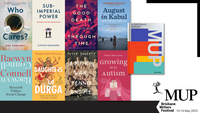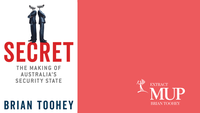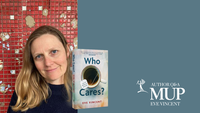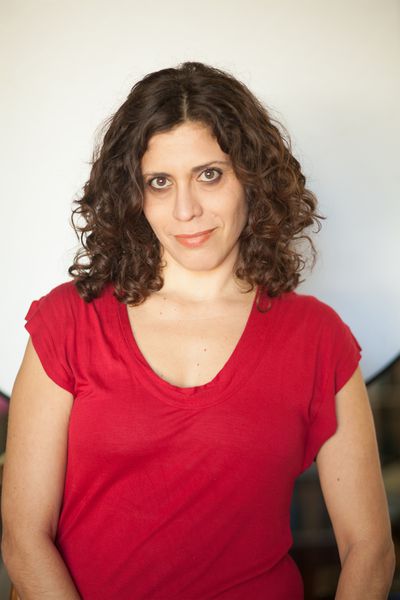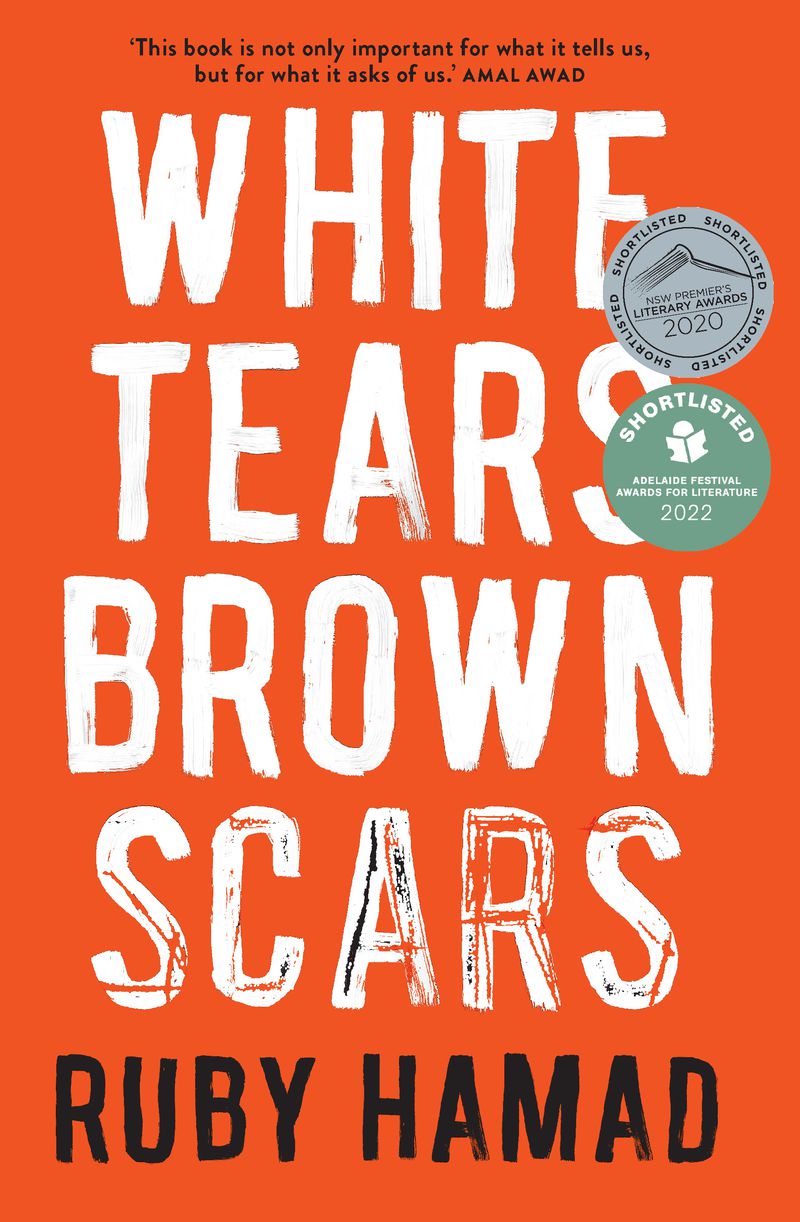Spotlight: White Tears/Brown Scars by Ruby Hamad
"Hamad’s excoriating examination of the points at which racism and sexism collide can be confronting...but it’s a confrontation and conversation we need to have."
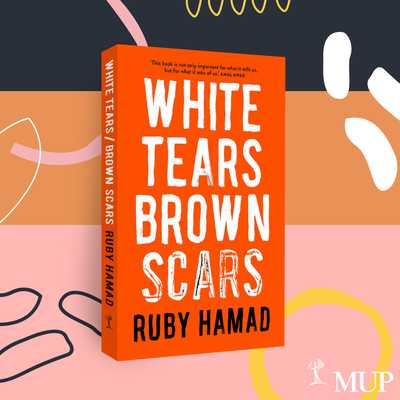
White Tears/Brown Scars sheds light on a phenomenon that, prior to the book’s publication, was still largely unexplored in mainstream society: that when a conflict occurs between a white woman and a woman of colour, the former can lean into her race privilege and use it to subdue the other woman. Ruby Hamad’s debut book evolved out of an opinion piece published in The Guardian in 2018 which unexpectedly went viral. Dozens of women then wrote to the author about their own experiences, and for many it was the first time they had received validation for what they thought was their own personal failing. Not since Indigenous academic Aileen Moreton-Robinson’s Talkin’ Up to the White Woman in 2000 had this important social issue been raised and written about in any manner in Australia.
Upon its publication in September 2019, White Tears/Brown Scars was met with an overwhelmingly positive response in the media. In the Canberra Times, Zoya Patel describes the book as “a powerful read that will benefit all readers, regardless of gender or race.” Raelee Lancaster in The Saturday Paper praises Hamad as she “challenges society to face the discrimination it has normalised, and to commit to a future where white women let go of their privilege and stand with women of colour.” Dr. Mridula Nath Chakraborty in The Sydney Morning Herald commends White Tears/Brown Scars as “a compelling critique of the ways in which the woman of colour is pilloried and crucified at the altar of white fragility”, while Rashida Murphy applauds Hamad for exposing “tough, unpalatable truths” in a review in ArtsHub.
Earlier this year White Tears/Brown Scars was shortlisted in the NSW Premier's Literary Awards 'Multicultural NSW' category, with the judges commenting that "Hamad’s excoriating examination of the points at which racism and sexism collide can be confronting...but it’s a confrontation and conversation we need to have."
Ruby’s has become a key voice in discussions of race, white privilege and intersectional feminism in Australia. In September 2019 she joined Hella Ibrahim and Celeste Liddle for a discussion on Toxic Femininity with The Wheeler Centre. She was also invited to the Melbourne Writers Festival to discuss her work with Amal Awad and participated in the Newcastle Writers Festival session ‘Their Right to Rage’, exploring the role of anger in female-led activism. Moving beyond the literary scene, Ruby also joined the Q&A panel in September last year on an episode addressing cultural appropriation and identity politics in writing.
As the Black Lives Matter movement and conversations about anti-racism gain momentum worldwide, White Tears/Brown Scars as well as Ruby Hamad’s work in journalism have attracted international attention. Her recent opinion piece in the New York Times about a white woman falsely accusing a black man of threatening her at Central Park has been shared widely online. Hamad’s piece contextualises the incident and notes that it is not an isolated event, but part of the broader issue she unpacks in her book of white entitlement being masked by victimhood.
Joining the likes of Robin DiAngelo, Layla F. Saad and Reni Eddo-Lodge, Ruby Hamad’s book has established itself as a must-read, appearing in a number of anti-racism reading lists. Locally, White Tears/Brown Scars has been listed in Readings’ ‘Books to help you understand and fight white supremacy’ while internationally it has been recommended by the Equality Institute, WAMU 88.5, DJ Mag and Real Simple.
